What results is an apparently vibrant online community, similar on the surface to that existing elsewhere, but one in which all discourse takes place within the boundaries set by the authorities. The Chinese Communist Party (CCP) has been most innovative here. They blocked Facebook, YouTube, and Twitter, and allowed domestic clones like Renren, Youku and Sina, which are much easier to control. Like regular companies, they compete in a thriving market, but the government “outsources” its censorship and propaganda requirements to them: alongside their marketing departments are the in-house censors, and failure to block undesirable content means a lost business license.
By making content hosts responsible for the information posted on their websites, preventing Internet portals from generating their own news and making them instead rely on state feed, manipulating and restricting search engine results, and supporting hordes of sockpuppet forum commentators, “you end up with this self-contained, almost intranet-like environment,” said Sarah Cook, one of the report’s two authors, in a telephone interview.
“You really see this issue of China and the Chinese Communist Party being at the forefront of developing these models of Internet control,” Cook said.
She added, “No other country, except maybe Iran, comes close to that.”
After entering the noosphere, these ideas are adopted by other dictators. Kazakhstan and Vietnam have begun exerting similar controls over social networks—by blocking the free ones and steering citizens to spaces that they more easily control. Cambodia and Venezuela have passed laws giving greater power to the state over telecommunications infrastructure.
Activists and others who set up their own websites can have them shut down, or government agents can cripple them with cyber-attacks.
China leads the way in cyberwarfare, targeting both governments around the world and also human rights activists. The latter may receive carefully concocted e-mails carrying hidden viruses in attachments which, when opened, allow the regime agent to access the recipient’s computer.
In China and elsewhere, the widespread dissemination of publishing power has also led to the de-specialization of the dissident. While this allows for a greater freedom to participate in political discourse, it also widens the scope of targets for repression, which is happening in China today.
Cheng Jianping, a 46-year-old woman, for example, was sentenced to “re-education” through forced labor for reposting a sarcastic message on Twitter. And a 19-year old Tibetan was taken into custody after taking a peek at photos of the Dalai Lama online.
By making content hosts responsible for the information posted on their websites, preventing Internet portals from generating their own news and making them instead rely on state feed, manipulating and restricting search engine results, and supporting hordes of sockpuppet forum commentators, “you end up with this self-contained, almost intranet-like environment,” said Sarah Cook, one of the report’s two authors, in a telephone interview.
“You really see this issue of China and the Chinese Communist Party being at the forefront of developing these models of Internet control,” Cook said.
She added, “No other country, except maybe Iran, comes close to that.”
After entering the noosphere, these ideas are adopted by other dictators. Kazakhstan and Vietnam have begun exerting similar controls over social networks—by blocking the free ones and steering citizens to spaces that they more easily control. Cambodia and Venezuela have passed laws giving greater power to the state over telecommunications infrastructure.
Activists and others who set up their own websites can have them shut down, or government agents can cripple them with cyber-attacks.
China leads the way in cyberwarfare, targeting both governments around the world and also human rights activists. The latter may receive carefully concocted e-mails carrying hidden viruses in attachments which, when opened, allow the regime agent to access the recipient’s computer.
In China and elsewhere, the widespread dissemination of publishing power has also led to the de-specialization of the dissident. While this allows for a greater freedom to participate in political discourse, it also widens the scope of targets for repression, which is happening in China today.
Cheng Jianping, a 46-year-old woman, for example, was sentenced to “re-education” through forced labor for reposting a sarcastic message on Twitter. And a 19-year old Tibetan was taken into custody after taking a peek at photos of the Dalai Lama online.
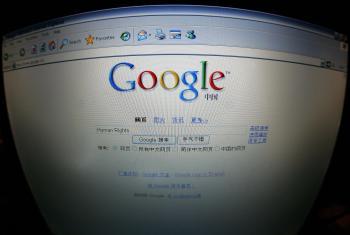

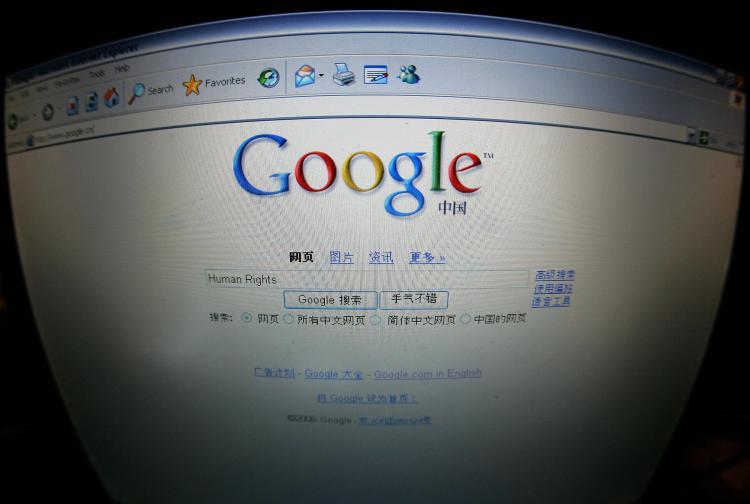
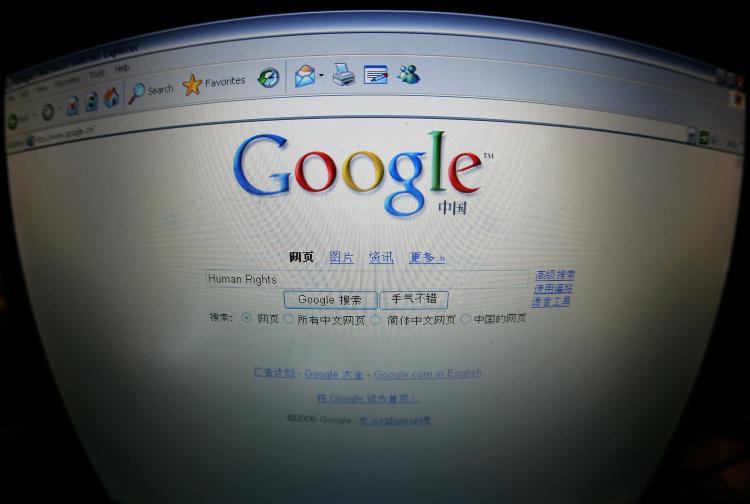
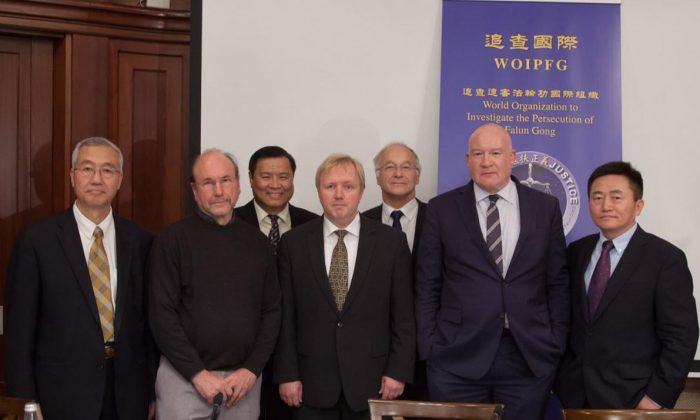
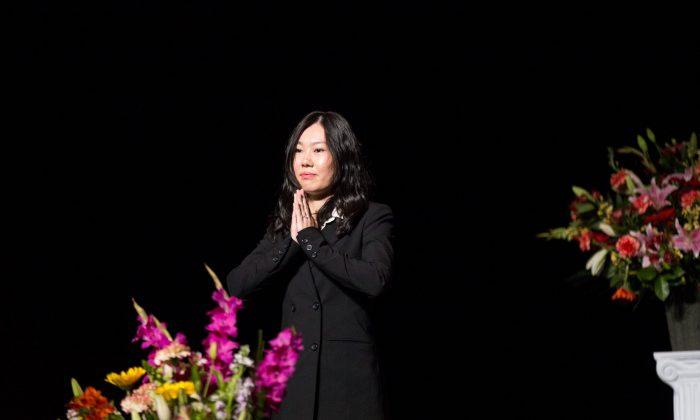
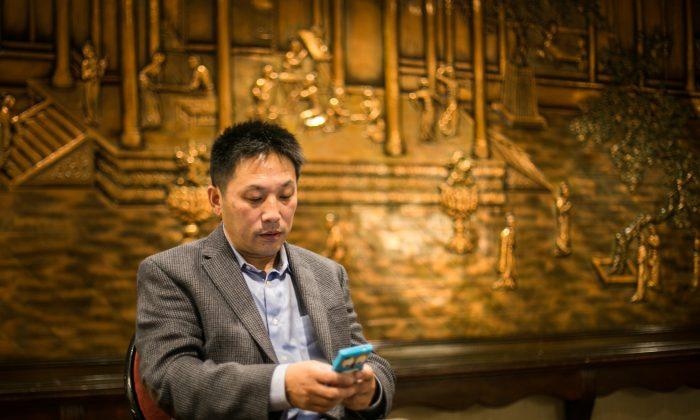

Friends Read Free